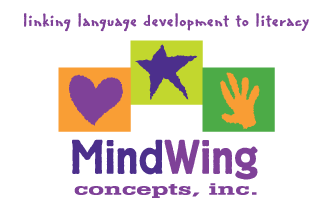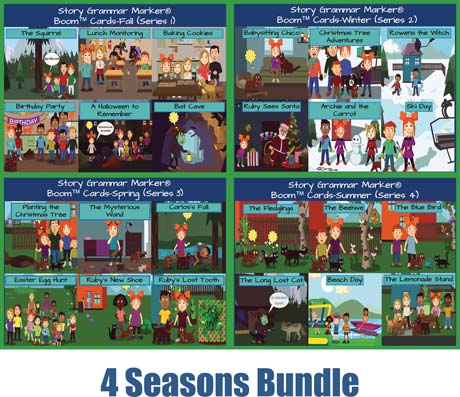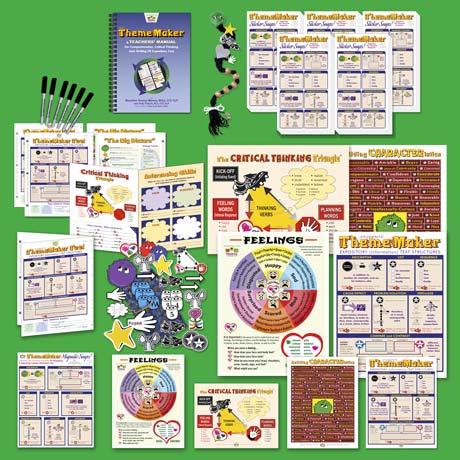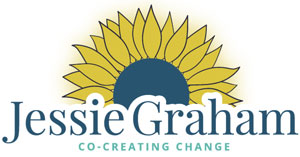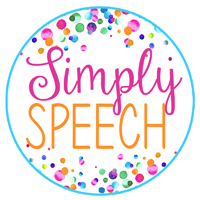ENROLL TODAY for our NEW Self-Paced, 5-Unit Online Course:
“Language Comprehension Instruction for Educators: A Missing Factor for Visible Student Literacy Outcomes”
Professional Learning Opportunity for Pre-K to 6th Grade Educators Earn A Certificate of Completion with optional 15 Graduate-Level Credits!
Schools have made significant progress in implementing science-based strategies for word recognition.
However, explicit, classroom-ready instruction in integrated language comprehension remains largely overlooked in educator preparation and professional learning. And, it is difficult to implement with all learners, across the curriculum, throughout the school day, and in all grade levels.
This Course changes that.
Enroll NOW to Lock in Launch Pricing!
Transform your literacy instruction!
• Nurture oral language development in pre-readers through guided play and language-rich interactions
• Support decoding novices by integrating language comprehension strategies into decodable text lessons
• Guide advanced readers through complex ideas found in literature, academic content areas, and real-world social situations
ENROLL HERE at our NEW professional learning site:
The Story Grammar Marker® Approach
For Language Development, Inference Generation, and Discourse-Level Comprehension and Expression


Join thousands of educators, parents, and other professionals in implementing the Story Grammar Marker® Approach with our virtual courses, onsite workshops, coaching, and hands-on instructional materials!

Tool Tuesday: The Picture Books of Mac Barnett!
Barnett’s stories are playful, visual, and funny. Whether it’s the humor in Oh, No! and Oh, No (Not Again), or the adventure and irony of Sam and Dave Dig a Hole, these books present many narrative and expository opportunities with Story Grammar Marker®, Thememaker®’s expository maps, and, of course, visual tools such as magnets and digital icons. What sets many of these books apart is the way they use visual cues, nonverbal behavior, and subtle character plans—a perfect match for SGM® icons that help students recognize story structure and the “landscape of consciousness” (characters’ plans, mental states, and feelings)...
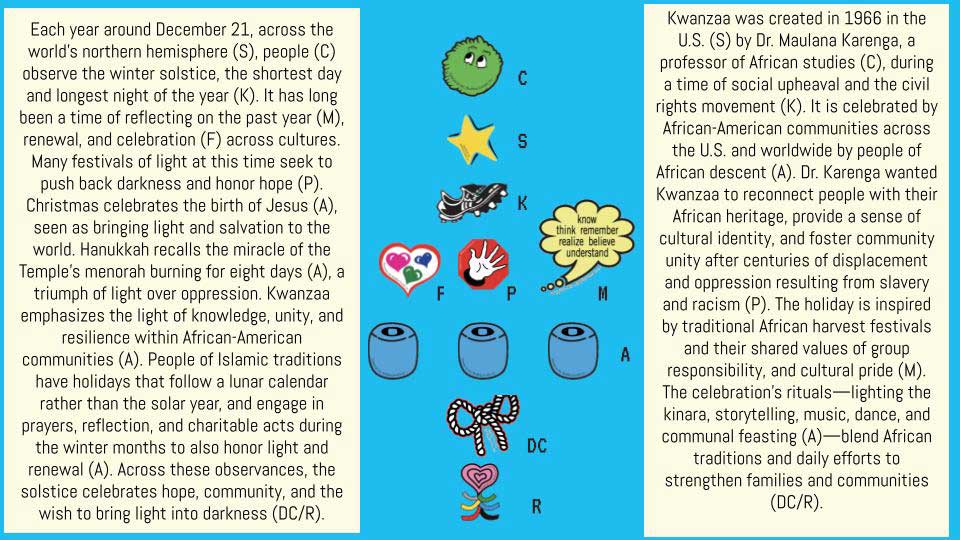
Tool Tuesday: Seasonal “Stories”
Maryellen, Sheila, and I have had many conversations about how almost any context can be put into story form with Story Grammar Marker®! On the flip side, we know that it takes practice and linguistic flexibility to consider what “fits” as each story element, though I often also say that you can’t really do it wrong. There are many ways to tell a story. As the holiday season is upon us, I was thinking about the variety of cultural and religious (or both) observations that take place around this time, and how they tie into the observation of the winter solstice...
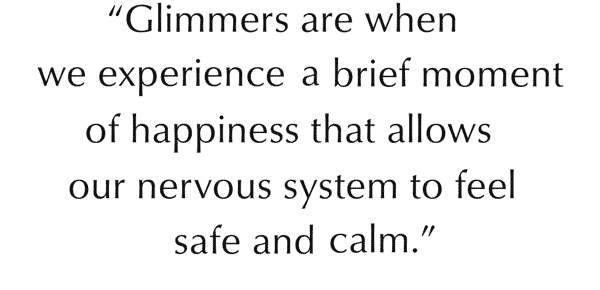
Tool Tuesday: Gratitude is a Little Story (With Typable Lesson Material!)
I almost dislike writing about gratitude at Thanksgiving time, as it is a practice that is self-regulating all year round. It is well documented that regularly steering our thinking toward gratitude helps override our brain’s negativity bias and train ourselves to notice positive elements of life, with influence on our mood, and therefore our executive functioning. Recent discourse around gratitude has created the term “glimmers,” serving as the opposite of “triggers.” Glimmers are small observations that help calm our nervous systems....

Downloadable Lesson Material
Learn why Maryellen Rooney Moreau, M.Ed. CCC-SLP developed the Story Grammar Marker® Approach to language & literacy!

Improve Language, Literacy, Higher Order Language & Cognitive Skills
- Oral Language Development
- Language Comprehension
- Awareness of Text Structure
- Reading Comprehension
- Sentences, Questions & Cohesive Ties
- Vocabulary and Background Knowledge
- Critical Thinking
- Inference Generation
- Narrative & Informational Writing
- Verbal Reasoning
- Social Emotional Learning
- Theory of Mind
- Perspective-Taking
- Situation Model & Mental Models
Develop Foundational Language & Cognitive Skills and Social, Emotional, & Mental Well-Being
- Co- and Self-Regulation
- Fostering Resilience
- Working Memory
- Empathy Building
- Sequencing Routines
- Problem Solving
- Emotional Intelligence
- Organizing Thoughts
- Mediating Meltdowns
- Facilitating Conversations
- Resolving Conflicts
- Executive Functioning
- Mediating Sibling Rivalry
- Goal-Setting
- Thinking and Talking About Feelings, Plans, Thoughts, Outcomes

The Story Grammar Marker® Approach improves the language and literacy skills of children by empowering Educators, Parents, Specialists, SLPs, Psychologists to…

Foster High Student Engagement with our easy-to-use icon-based system and hands-on, intuitive tools.

Encourage Interdisciplinary Collaboration among students, classroom teachers, SLPs, specialists, parents, reading teachers, literacy coaches, content area teachers, psychologists and more!

Cultivate a Common Language in the Classroom, the Therapy Room, the Playground – and HOME!

Facilitate Classroom Management via organizing expectations, sequencing routines, solving problems and resolving interpersonal conflicts, and assisting with self-regulation.

Save Time: the SGM® is LOW PREP — once you know the system, you can grab the tools and maps in the moment, in any situation, during any lesson!

Make quality instructional decisions based upon scientific research, models and frameworks, and delivering explicit, systematic, and differentiated instruction.

Nurture a Growth Mindset and a “CAN DO!” attitude. Discover students’ Superpowers!

Promote Equity and Inclusivity by providing support for ALL LEARNERS regardless of age, ability or background, and giving every student a VOICE! Give them a tool that will help them to TELL THEIR STORY.
Discourse is a Missing Link In Literacy Instruction!
The Story Grammar Marker® Approach is rooted in the DISCOURSE Level of Language Development.
Click below to learn more about the building blocks of language and literacy.



In 1991, based on years of research and experience, Maryellen Rooney Moreau, M.Ed., CCC-SLP, pioneered the idea of designing meaningful symbols “icons” to represent the components of story grammar that make up the episode of a story.
She created a powerful tool that children can hold in their hands to tell a story. When it worked so well for one 3rd grader, it was field-tested by speech pathologists & reading specialists in a private school on a college campus. Word of its success with a neurodivergent population brought the Story Grammar Marker® Approach to the attention of public school programs, and has become widely used in general education classrooms as well! It is now in use in 36 countries across the globe.

In 2014, Maryellen was recognized for her professional work as creator of the Story Grammar Marker® Approach and related methodology, and as the founder of MindWing Concepts, Inc., when she became the 2014 recipient of the Alice H. Garside Lifetime Achievement Award from the International Dyslexia Association, Massachusetts Branch.
People learn best from others, so we thought you’d like to hear from others who have used and support the SGM® Approach to teach reading comprehension and critical thinking.
“Scientists have long known that human beings are storytelling creatures. For centuries, we have told stories to transmit information, share histories, and teach important lessons. While stories often have a profound effect on us due to emotional content, recent research also shows that our brains are actually hard-wired to seek out a coherent narrative structure in the stories we hear and tell. This structure helps us absorb the information in a story, and connect it with our own experiences in the world.” Scientific Learning. (2012, June 14). Using Stories to Teach: How Narrative Structure Helps Students Learn [Blog post]. Retrieved from http://34.211.105.222/blog/using-stories-teach-how-narrative-structure-helps-students-learn
